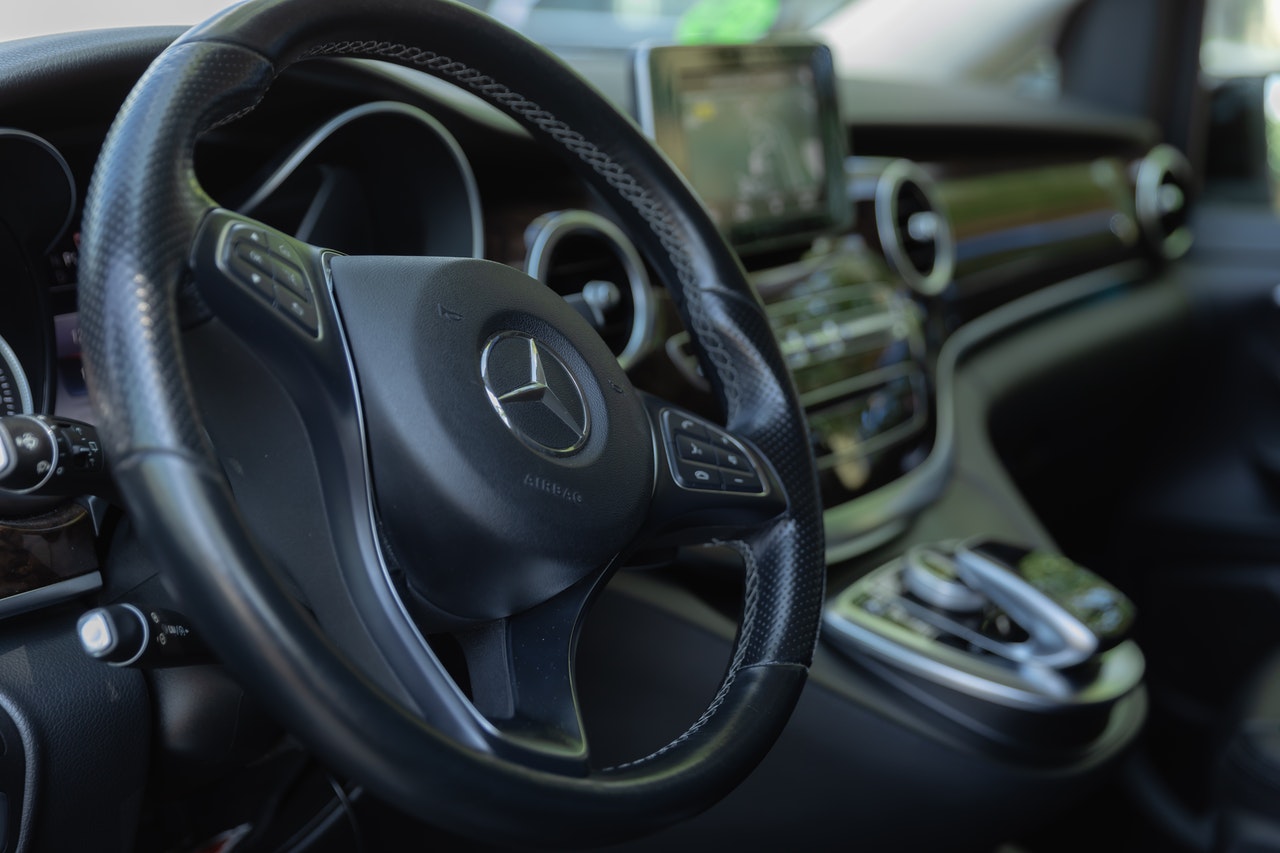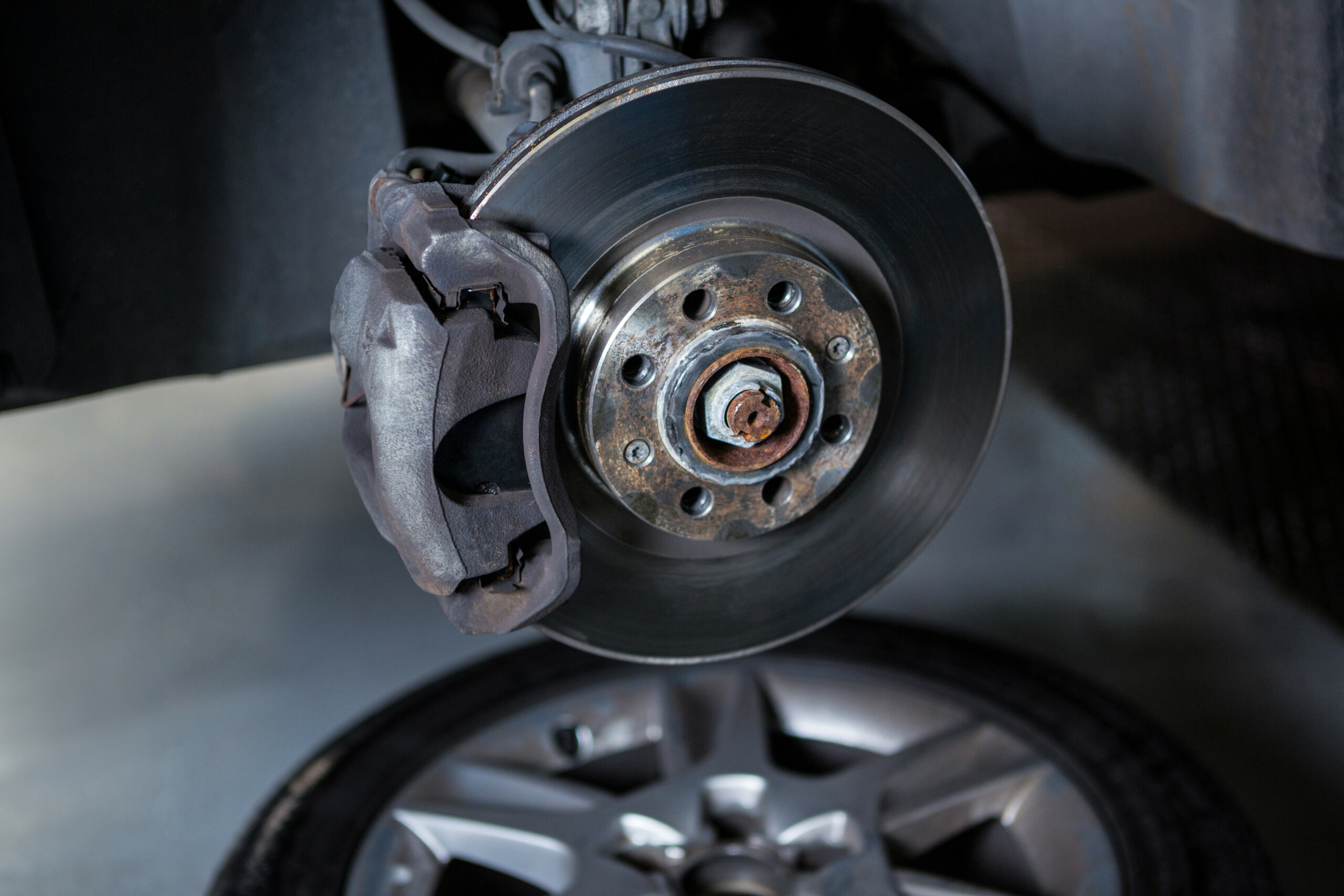Why Are Motorcycles So Fast?
Motorcycles are quick because they are both powerful and light. Motorcycles have a higher power-to-weight ratio and superior traction, allowing them to accelerate faster than many cars. Despite the fact that there are some extremely fast motorcycles on the market, they are not as quick as some sports automobiles.
What Is the Maximum Speed of a Motorcycle?
Motorcycles may travel at speeds ranging from 31 mph (50 km/h) to 240 mph (380 km/h), depending on their type and purpose. Sportbikes can easily reach speeds of 200 mph or more, and mopeds can reach speeds of up to 60 mph. With average speeds of up to 150 mph, sport-touring, touring, cruisers, and dirt bikes fall somewhere in the middle.
Why Are Jets So Fast?
To protect planes from flying too fast, they have two basic control methods. The industry refers to them as thrust and drag. The airplane’s speed is increased by this air pressure, whereas dragging diminishes it. Thrust and drag are the forces that the plane encounters as it travels ahead.
What Is the Maximum Speed of an Engine in a Jet?
At 35,000 feet, the speed of sound is 660 miles per hour; on average, jetliners fly at 575 miles per hour, with the fastest supersonic jet flying today at 660 miles per hour.
The rest linger about Mach 1 at the end of the range of 50,000 feet, roughly 1,400 mph.
When jet engines blow up massive amounts of air, they burn more fuel, which gives them greater power. They can improve fuel economy by heating fuel (approximately 50 parts air to one part air).
Some of the Fastest Motorcycles in the World
Motorcycles are faster than vehicles on average due to their power-to-weight ratio. If you’ve never ridden a motorcycle before, 25 mph feels like 100. They continue to accelerate even when traveling at 100 mph due to their tiny frame, which provides less wind resistance and a low drag coefficient. Modern motorcycles have become some of the world’s fastest vehicles as a result of developments in design and powertrains.
2021 Kawasaki Ninja H2R: 249 mph
The H2R looks like an extraterrestrial spacecraft and flies down a track like one, too, without having to comply with any road rules. The supercharged inline-four produces 326 horsepower and 122 pound-feet of torque, which is powerful enough to hit 250 mph in a straight line.
The H2R is not just insanely fast, but it’s also designed to obliterate race tracks. The H2R has such things as cornering management function, launch control, brake control, etc. The H2R outperforms practically every other motorbike on a track because of its completely adjustable suspension, MotoGP-inspired transmission, and slick Bridgestone tires.
2017 MTT 420RR: 273 mph
The MTT 420RR has a gas turbine engine instead of a classic internal-combustion engine. The MTT 420RR would be as crazy as any of the motorcycles we drew as kids if they ever made it to manufacture. The Rolls-Royce Allison 250-C20 Series gas turbine engine has 420 horsepower and 500 pound-feet of torque, which is extremely high for a motorcycle.
The MTT 420RR, “Race Ready”, features lightweight carbon-fiber fairings, light 17-inch carbon-fiber wheels, and an aluminum alloy frame in addition to the gas turbine engine. The MTT 420RR is capable of reaching a top speed of 273 mph.
Ducati Superleggera V4: 200 mph
Ducati may not produce the fastest motorcycles on the market, but it does produce some of the most unusual models. The Ducati Superleggera V4 is the company’s most forceful and technologically advanced motorcycle, according to the company. The 998cc V4 engine has 234 horsepower, which is loads of power for a carbon-fiber heavy body that weighs 335.5 pounds with the race equipment.
This isn’t the first time Ducati has given a motorcycle the Superleggera moniker. The term refers to something that is extremely light, which perfectly defines the V4. The motorcycle has a carbon-fiber subframe, wheels mainframe, and swingarm below the carbon-fiber bodywork. The V4 Superleggera employs titanium bolts because Ducati is concerned about reducing weight.
The Fastest Private Jets in The World
Private planes have grown in popularity in recent years as globalization has resulted in an increase in the number of high-level business executives, celebrities, and world leaders going internationally. Private jet charters are expanding their private jet offerings at a breakneck pace to meet the rising demand for speed, comfort, cost-effectiveness, and efficiency.
Bombardier Challenger 650 (554mph)
The Bombardier Challenger 650 has a top speed of 554 mph and can fly 4,000 nautical miles at 554 mph. Its steep approach certification allows it to access London City Airport as well as difficult airports like Aspen and Lugano. Its widest-in-class cabin accommodates 12 passengers, and its low direct operating expenses make it the preferred aircraft of many corporate flight departments and private jet charter companies. The Challenger 650’s cockpit features next-generation technology, and its cabin management system uses Ka-band technology to provide one of the world’s quickest in-flight internet connections.
Cessna Citation X+ (610mph)
The Cessna Citation X+ is Cessna’s direct response to consumers who desired a faster Citation model – and they delivered; with two dual-channel FADEC-controlled Rolls-Royce AE3007C2 turbofan engines, this amazing aircraft has a maximum operational speed of Mach 0.935. If you want to buy a plane like this, it will set you back roughly $23 million.
Aerion AS2 (1000mph)
This 12-passenger private jet, which is still in development, is intended to break the mold in private air travel. The prototype is expected to fly in early 2019, with hopes to certify the plane in 2021. The Aerion AS2 is planned to reach a top speed of Mach 1.6, which translates to 1,217mph, and a flying time of less than three hours from London to New York. Until FAA restrictions preventing supersonic flight over the United States are amended, the plane will have to cruise at 754 mph once it enters US airspace, but will be free to extend its legs fully overseas.







